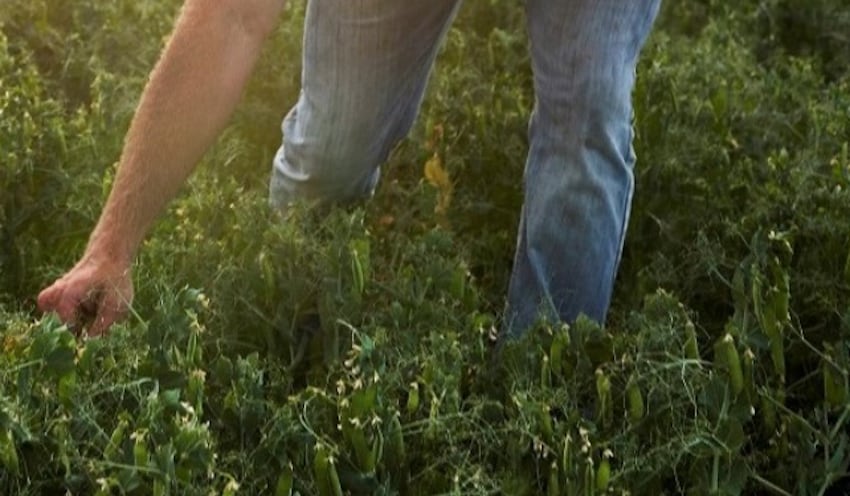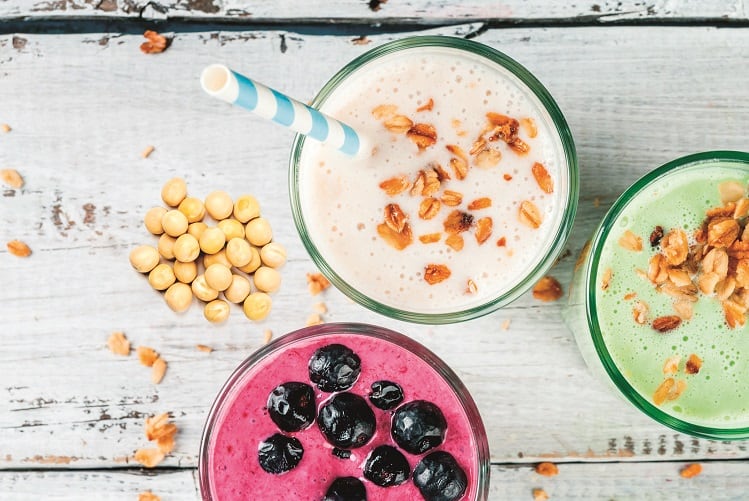Speaking with NutraIngredients-USA at the recent Expo West trade show, Tyler Lorenzen, president of PURIS, said the issue concerns a struggle around the soul of the organic movement. Increasing organic supplies is not easy, and is made more difficult by imported raw materials making an organic claim that undercut domestic production.
Scope of the issue
Greenwashing is nothing new. But the scale of the issue is increasing, Lorenzen said. The US now imports about $1.7 billion worth of ingredients making an organic claim.
While this makes sense for those ingredients that cannot easily be grown in North America, there is less of a case for those crops that are staples here, Lorenzen said.
“Right now, about 100% of organic soybean meal is imported,” Lorenzen said.
The certifications for these crops are sometimes questionable. In 2017, for example, 36 million pounds of soybeans that were conventionally grown in Ukraine were sold as organic in the US market.
Ramping up organic production is complicated by the need to go through a three year transition process on new organic acreage to allow the last vestiges of conventional pesticides and herbicides to be expunged. Foreign producers, on the other hand, can wave a wand to create new organic acreage (cheat, other words).
Lorenzen said PURIS is working to support farmers through this process. The key question is make sure that the transition makes financial sense.
“If I’m a farmer thinking about that transition, I need to know what the market is going to look like at year three and whether that market is going to continue to exist,” he said.
Shining a light
Lorenzen said his company will continue to shine a light on the problem to try to bring more transparency to subject of organic supply. There is little incentive for US farmers to make the transition from foreign supplies of dubious provenance that can flood the market at prices below what domestic producers can achieve.
In that sense, the onus is on the purchasers of those ingredients. It’s a similar situation to the question of botanical ingredient adulteration. If a purchasing agent is buying a lot at well below the going rate for a given botanical, it’s a fair bet that not all of what’s in that tote or shipping container is what it says it is. By the same token, if a shipment of an organic crop like peas, soybeans or corn is quoted at pennies on the dollar to what a domestic producer would charge, the onus ought to be on the buyer to insure that the organic certification is more than just a piece of paper.
“Right now organic acreage is about 1% of overall US farm acreage,” Lorenzen said. “A career goal for me would be if we could boost that to 2%.”
Lorenzen said the rise in the sale of products with “Certified Transitional crops” on the label is helping in this transition. And he said working with brands that value transparency helps, too.
“We are partnering with brands that value grown in the USA organic crops. We are working on how you build supply systems that are true to the concept of organic,” he said.
Boosting productivity
In addition to trying to level the playing field between foreign and domestic supplies, Lorenzen said PURIS is helping farmers work on the other side of the coin, that being to make organic production itself more efficient.
The company, which recently changed its name from World Food Processing, has had a breeding program for peas for years.
“How do we make these choices easy for the whole supply chain? First, they need the right technology on the seed. There used to be 500 independent seed companies in the US; now that’s down to 5. Here at Puris we are working on seed varietals that work for our farmers here in the US,” he said.
“And we share information about growing peas at different times of the year. We are working on how to get more productivity out of the organic acreage that’s already there. There is a play on transition, but there is also a play on productivity,” Lorenzen said.



